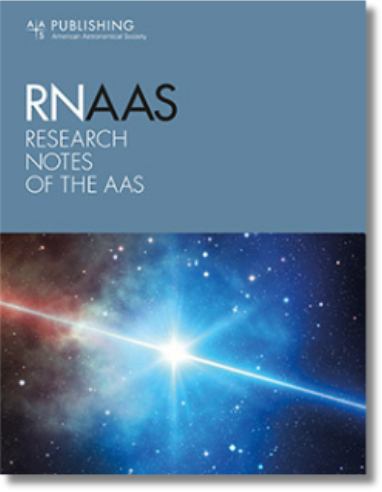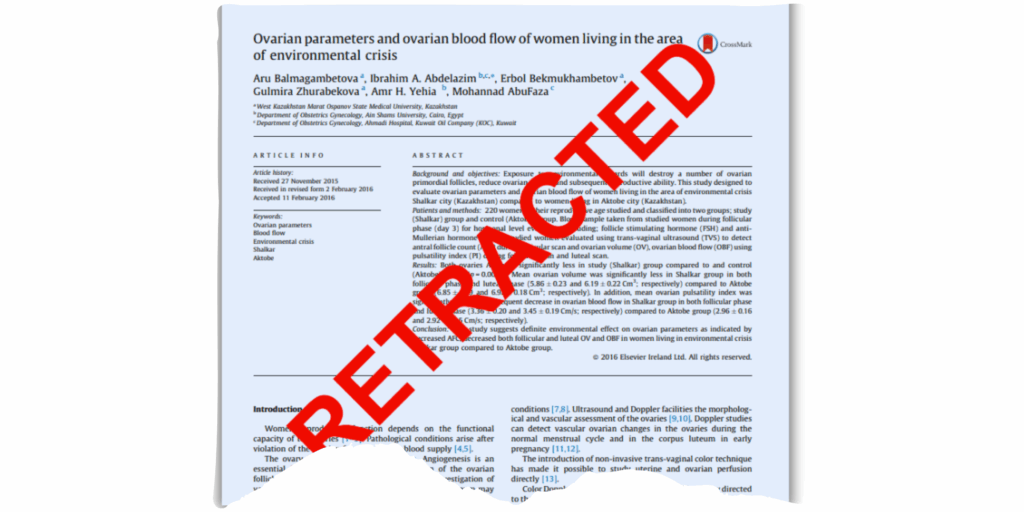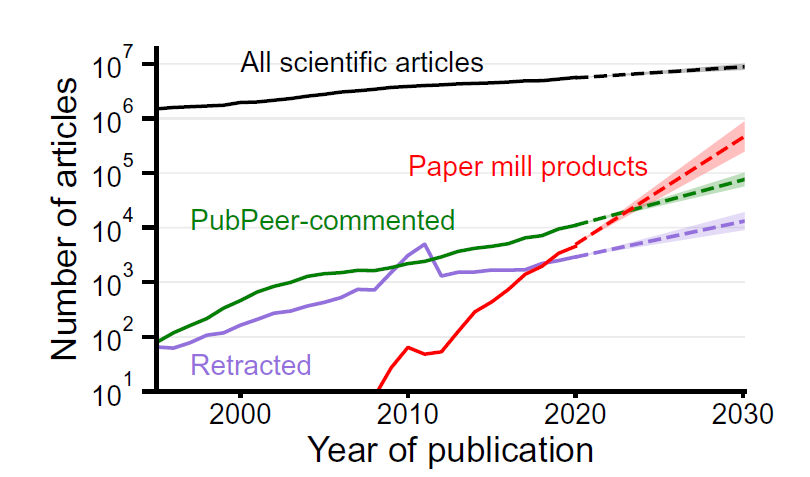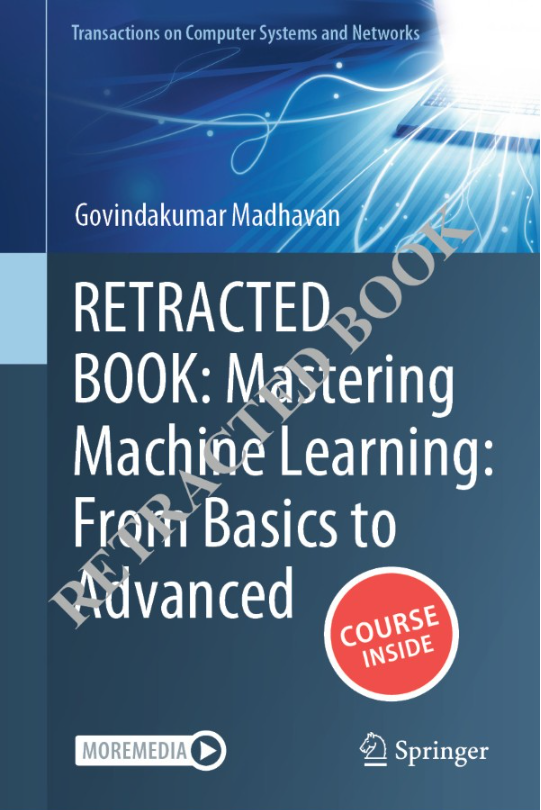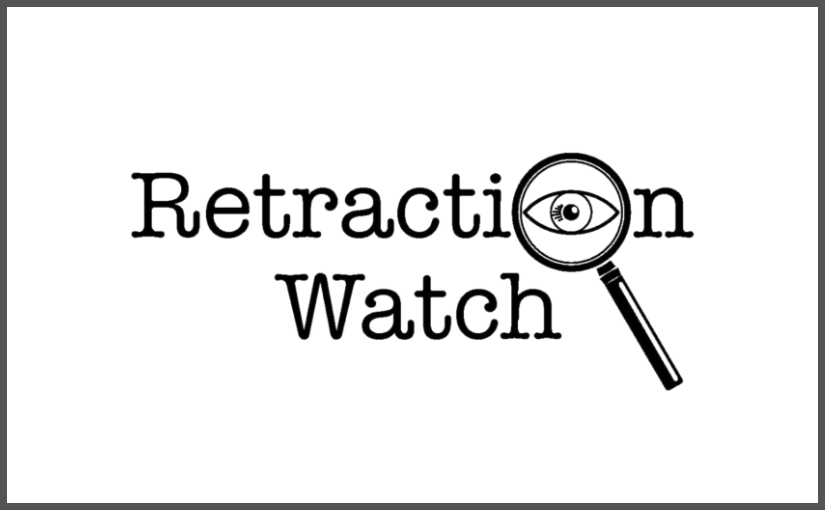An astronomical society journal has issued its first retraction in its 10-year history — for work done by a NASA researcher and a high school student. The duo set out to confirm an astrophysics law using calculations that assumed the law was true.
The journal, Research Notes of the AAS, is published by the American Astronomical Society. It is not peer-reviewed, nor is it indexed in Clarivate’s Web of Science. The retraction has prompted the journal to revise its policies on reviewing work before publication.
One of the two authors on the retracted 2024 article is Jadon Lam, who at the time was a student at Pleasant Grove High School in Elk Grove, California. Lam is now at the California Institute of Technology in Pasadena studying astrophysics, according to his LinkedIn profile.
Continue reading High school student who volunteered at NASA-sponsored lab gets retraction